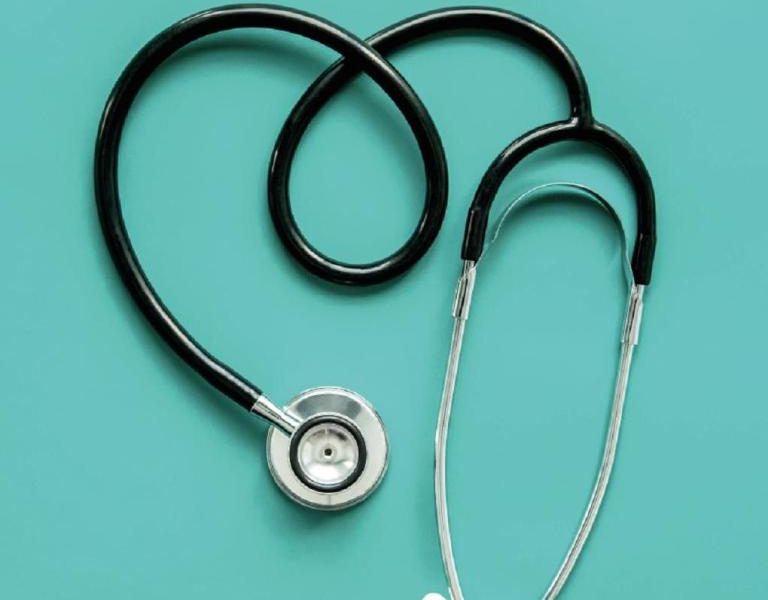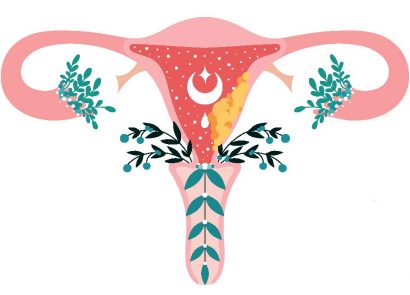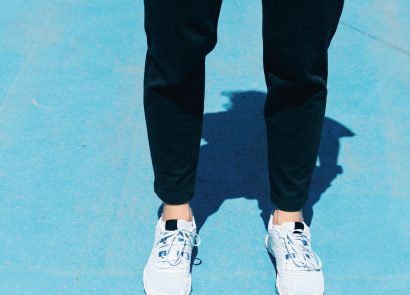Doctors come into contact with ill patients on a daily basis, and yet remain healthy – so what are they doing differently to the rest of us? It turns out that they have a lot of tricks up their sleeves to look after themselves and keep themselves from getting sick – everything from ensuring that they’re getting enough sleep to always eating a balanced diet (albeit with a bit of chocolate in there, too). So, read on to find out the tips you could adopt to keep you and your family healthy – they’re doctor-approved, after all!
Prioritise sleep
“I try and stick to the same bedtime and wake up time where possible, even at the weekend,” says Dr Anita Mitra, AKA the Gynae Geek (gynaegeek.com). “I don’t use screens for an hour before bed, I avoid caffeine after 1pm and I try to eat dinner as early as possible so that I’m not trying to sleep on a full stomach. I also make a list of things that are on my mind or that I need to remember to do the next day to try and stop them playing over in my brain when I’m trying to get to sleep.”
Dr Riccardo Di Cuffa, founder and GP at online healthy service Your Doctor (your-doctor.co.uk) agrees, adding that sleep is crucial in maintaining your physical and mental health. “It supports many facets of healthy brain function, so I try to sleep well and aim for seven hours a night,” he explains. “I also try to go to bed at the same time most nights to help support a good sleep rhythm. Obviously, I need to be on the ball and be bright and alert for my job, so I do prioritise my sleep as part of being healthy.”
Eat a balanced diet
“I try to batch cook so that I have meals to take to work for lunch, and I also attempt to have something that I can heat up for dinner if I come home late,” says Dr Anita. “I keep healthy snacks in my bag, such as an apple or mixed nuts, in case I get stuck at work late and get hungry. When I do night shifts, I try to eat a balanced meal containing lots of veggies, some chicken or fish and a complex carbohydrate, such as brown rice, at around midnight. I then try not to eat throughout the rest of the night. When it gets to 6am, I’ll eat an apple if I’m hungry, or if I think there are any potential emergencies brewing, so that I’ll have some energy to deal with them. I also drink lots of water during the night.”
Take vitamin D in the winter
“I don’t usually need to take supplements as I have a fairly varied diet, but the only one I do take is vitamin D in the winter,” says Dr Sara Kayat, a founding GP at GPDQ, the UK’s first GP-on-demandapp, and resident GP on ITV’s This Morning’s Second Opinion.
“Vitamin D is primarily needed for bone health and development, but more research into it has linked deficiency of it to other conditions including multiple sclerosis, diabetes, heart disease, cancers and depression. In the UK, however, the sunlight is only bright enough to make vitamin D from the months of April to October between 11am and 3pm. So outside of those months, I take a supplement to ensure my levels are sufficient.”
Look after your gut
“It is now known that the gut is at the centre of our health, so I eat lots of vegetables of all different colours,” says Dr Riccardo. “I minimise my meat intake, particularly red meat, and try and opt for fish, chicken or veggies instead. My father is Italian, so good food is extremely important to my family! We cook our meals from scratch and use olive oil. I avoid as much sugar as possible, but I do allow myself a couple of cubes of dark chocolate at night. I am human after all!”
Plan exercise in advance
“Every weekend, I plan my workouts for the week ahead,” Dr Anita reveals. “I do three sessions of weight lifting and resistance training a week. I try to dial down the intensity when I know I’ve got something stressful coming up, such as a big deadline or a block of night shifts, so that I don’t overstress my body. If I’m feeling energetic, I’ll do a fourth session, usually something fun, such as a boxing class with friends. However, I don’t beat myself up if I miss a workout, and I make sure that I enjoy them – it shouldn’t ever feel like a chore. I also try to walk as much as possible.”
Choose water
“I drink a lot of water and have cut out all fizzy sweetened drinks,” Dr Riccardo explains. “I tend to have a lime segment and soda water if I want something fizzy. If I drink alcohol, I make sure it is just a small amount and I don’t drink it every day.”
Stay active
“I have a fairly sedentary job as a GP, so I try to keep active during the day by taking the stairs rather than a lift, and I try not to sit at my desk for too long without moving around for a few minutes,” says Dr Riccardo. “I also aim for 30 minutes of active exercise five times a week, such as going to the gym, playing golf, or even gardening or washing the car.”
Reduce stress
“A little bit of stress is good for us, of course, but on a day-to-day level I try and reduce my stress by acknowledging the things that cause me angst,” says Dr Riccardo. “I also take some time out to concentrate on being mindful. I take action if things, such as tiredness or mental fatigue, get on top of me. And I do things that help me to destress, such as taking a break, using relaxation techniques and making sure I have annual holidays. When I’m away, I try to switch off and appreciate the world and enjoy the moment. Taking breaks from the daily grind helps to bring perspective back to life. I spend time with friends who make me laugh and I have a good time with them, which is so good for destressing. I also spend lots of time doing fun things with my daughters and family. Laughing is the best medication I know of!”




















